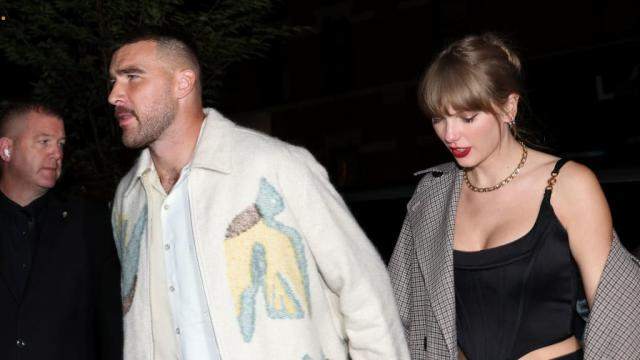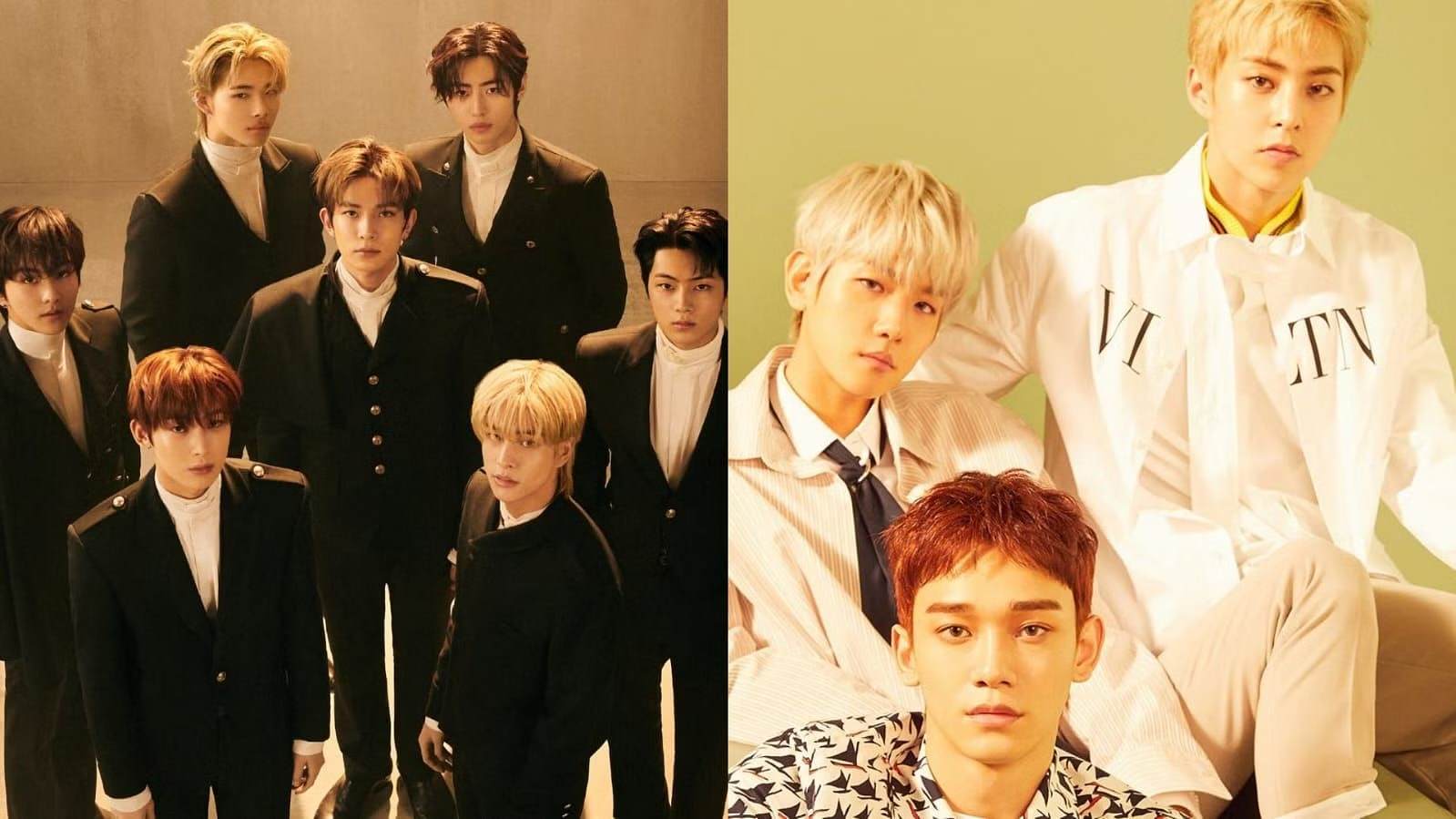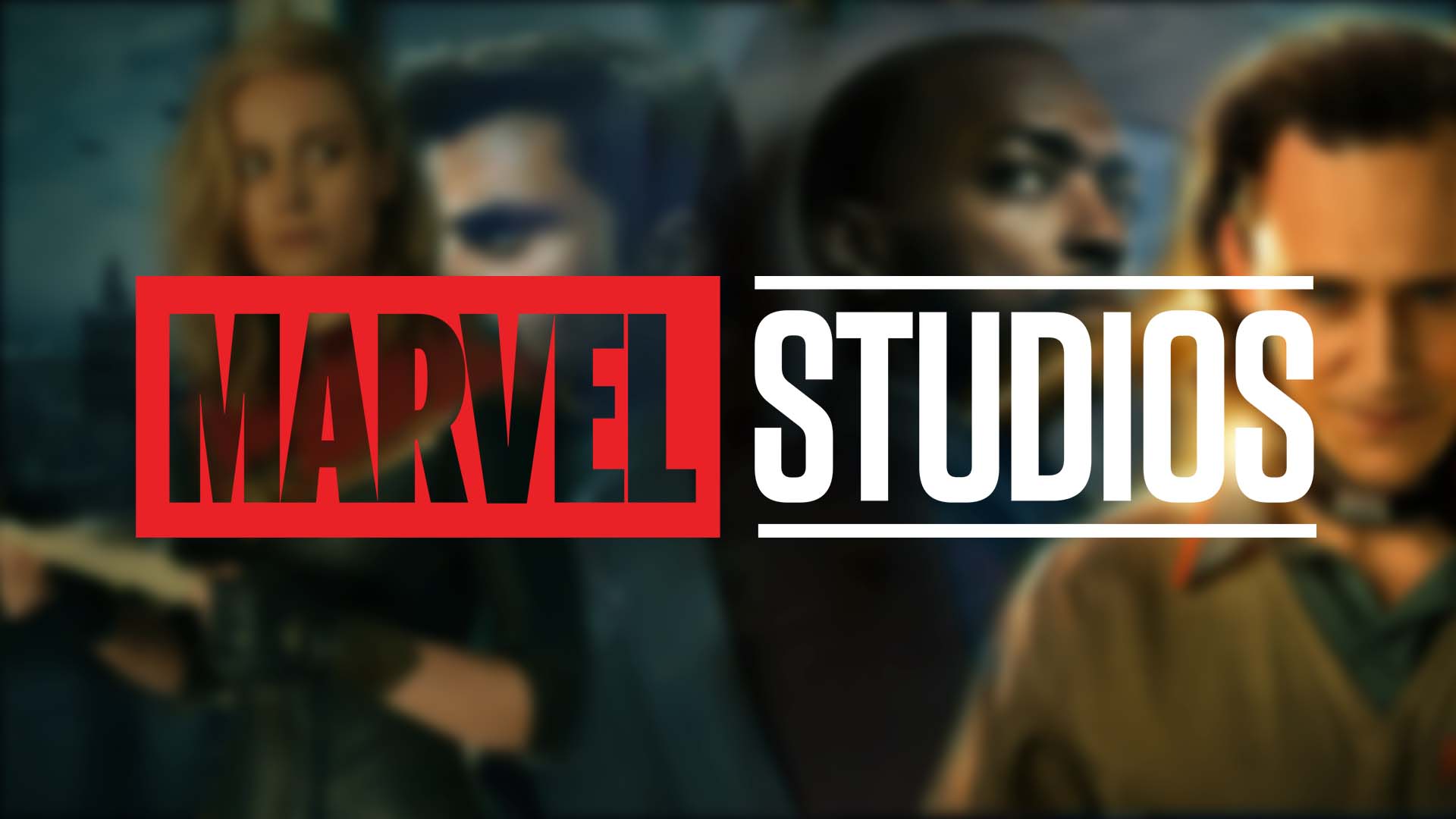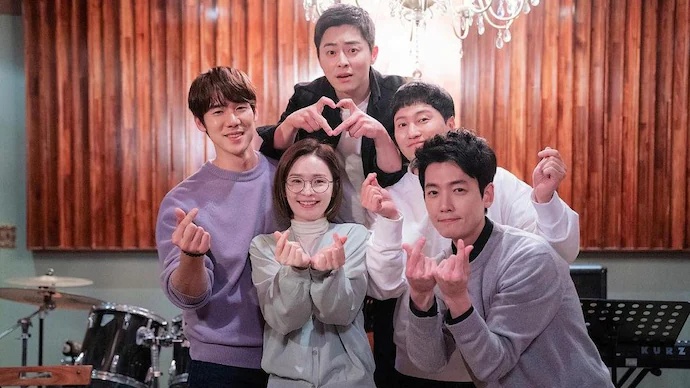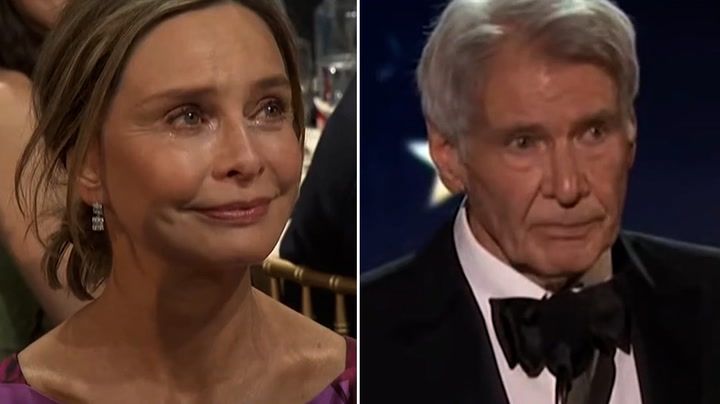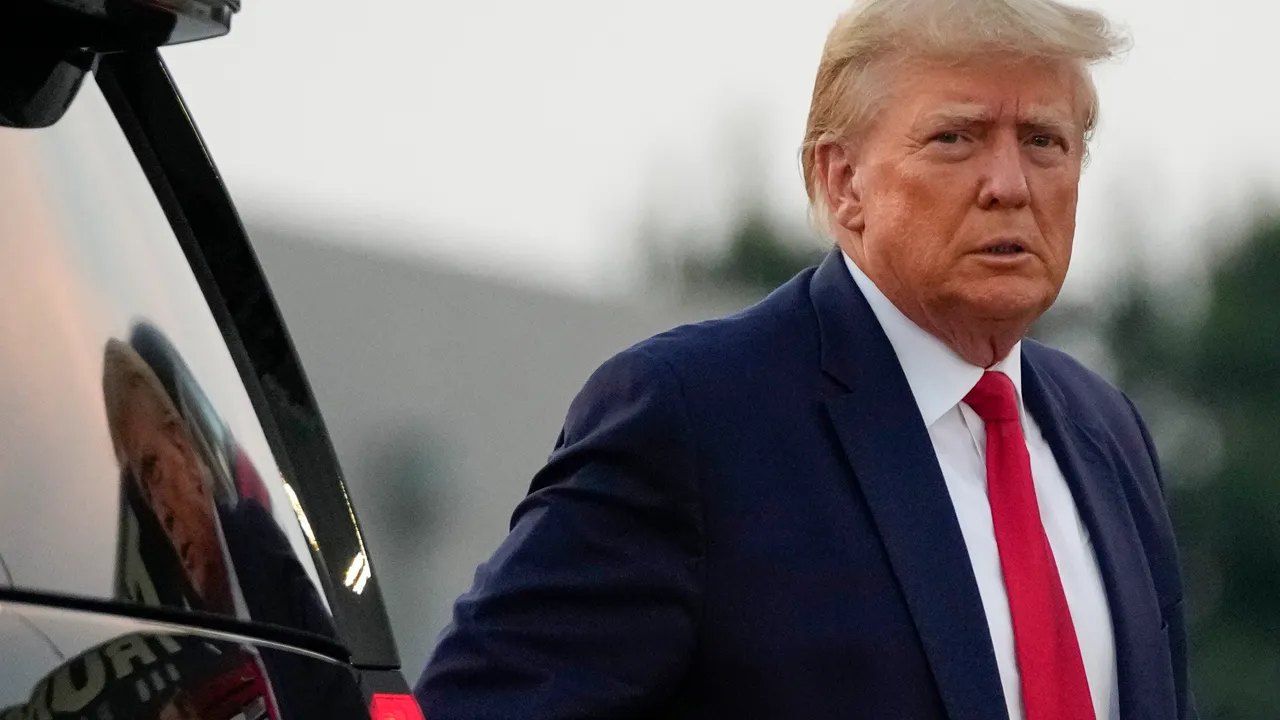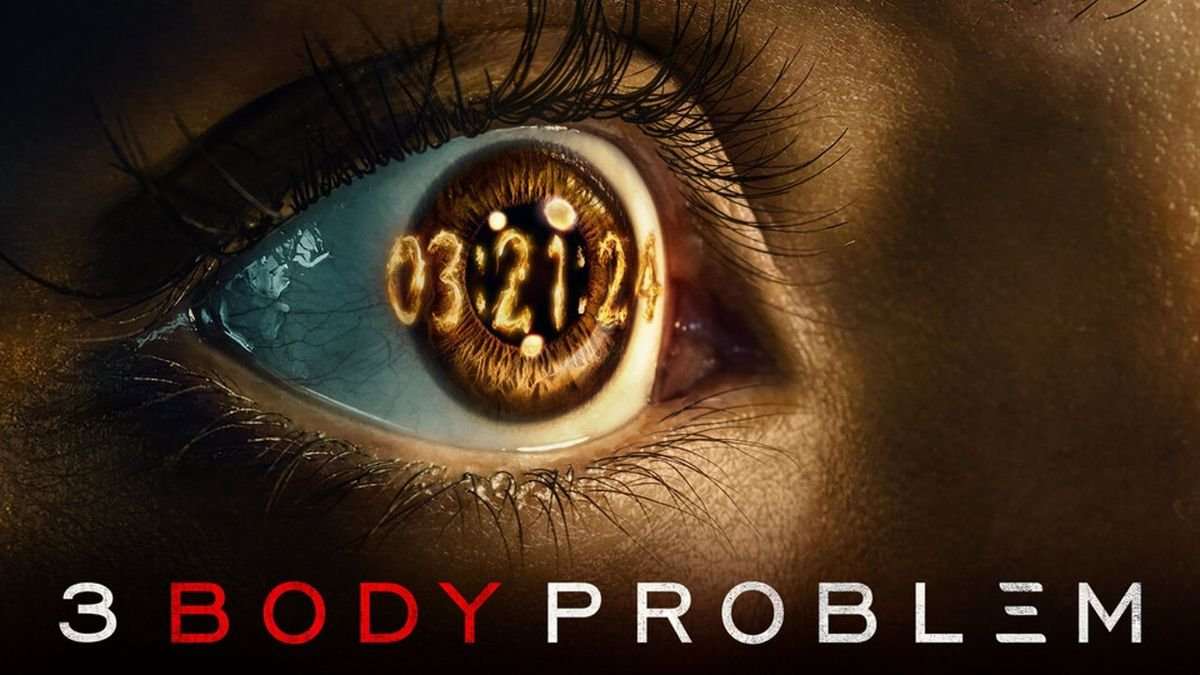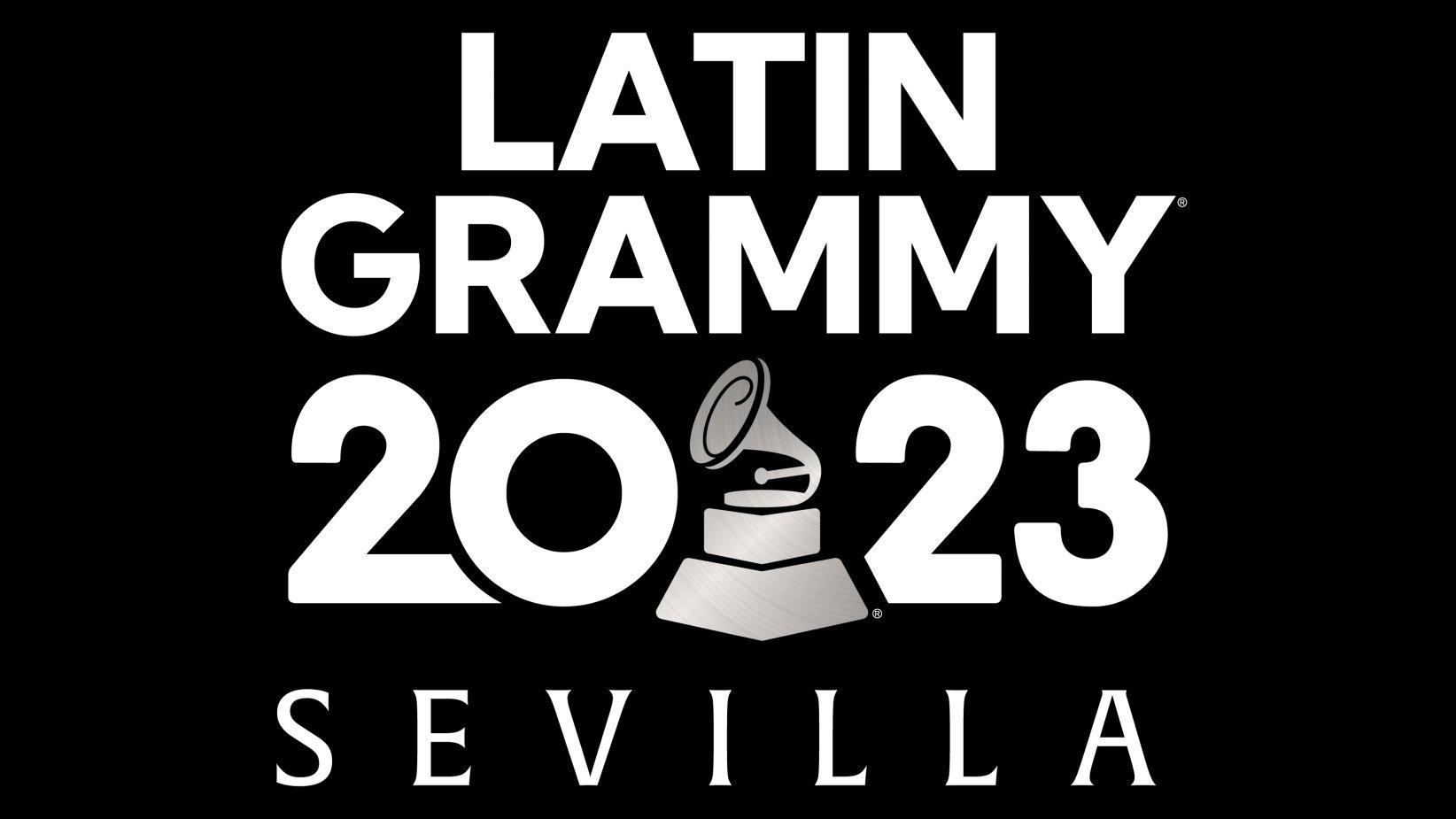Melissa Barrera Has Been Fired From The ‘Scream’ Franchise For Supporting Palestine
In an unexpected twist that sent shockwaves through the entertainment industry, Melissa Barrera, renowned for her breakthrough role in 2021’s “In the Heights,” has found herself ousted from the highly anticipated “Scream 7.” The reason behind this abrupt departure stems from the actress’s social media activity, specifically her posts pertaining to the Israel-Gaza conflict.
Barrera, having joined the ‘Scream’ franchise in 2022 and reprised her role in the recently released “Scream VI,” became embroiled in controversy when she utilized her Instagram platform to express solidarity with Palestinians during the Israel-Hamas conflict. Her posts not only conveyed support but also contained strong accusations against Israel, alleging “genocide and ethnic cleansing.”
Additionally, Barrera criticized the purported distortion of the Holocaust to bolster the Israeli arms industry. The swift and decisive response came from Spyglass Media’Group, the production company steering the ‘Scream’ franchise. They wasted no time in severing ties with Barrera, citing their “zero tolerance for antisemitism or the incitement of hate in any form.” The production company explicitly denounced false references to genocide, ethnic cleansing, Holocaust distortion, or any content veering into the realm of hate speech.
Unsurprisingly, the decision to remove Barrera from the cast elicited a mixed array of reactions. While some fervently supported the actress, others raised pertinent questions about the potential ramifications on freedom of speech. Notably, director Christopher Landon distanced himself from the decision, emphasizing that it was beyond his purview.
Barrera’s commitment to the cause was evident through her consistent Instagram posts, where she not only shared her views but also provided links for donations to humanitarian causes, including Doctors Without Borders and Save the Children. Furthermore, she shared an open letter addressed to President Joe Biden from Artists 4 Ceasefire, advocating for a ceasefire and humanitarian aid in Gaza. This incident draws parallels with recent events involving Susan Sarandon, who reportedly faced professional repercussions after participating in a pro-Palestine rally.
The broader industry’s response to celebrities expressing political views on social media raises fundamental questions about the delicate interplay between personal beliefs, public image, and professional opportunities.
A detailed report by Variety, titled “Inside Hollywood’s divide over Israel,” sheds light on the broader context within the entertainment industry regarding the Israel-Gaza conflict. The Barrera controversy is not isolated but rather indicative of a more extensive discourse within Hollywood about how to navigate political opinions in the public eye.
To understand the backdrop of Barrera’s social media posts, it’s crucial to acknowledge the grim reality of the Israel-Hamas conflict, characterized by violence and numerous casualties. Militants from Gaza are held responsible by Israeli authorities for the deaths of over 1,200 Israelis and the hostage-taking of 240 individuals. In retaliation, Israel’s military campaign, according to the Gaza Health Ministry as of November 10, has resulted in the tragic loss of more than 11,000 Palestinian lives.
The Israel Cabinet has recently declared a cease-fire agreement with Hamas, with the goal of temporarily ending the conflict and facilitating the release of hostages through a prisoner exchange. The terms involve the gradual release of hostages by Hamas, with additional days of ceasefire for every 10 hostages freed.
Melissa Barrera’s removal from the ‘Scream’ franchise due to her social media posts has sparked a broader conversation about the challenges celebrities face when expressing their political views on platforms like Instagram. The incident has brought to the forefront the delicate equilibrium between personal beliefs and professional opportunities in the entertainment industry, prompting crucial reflections on freedom of speech and its consequences.
As the industry grapples with such controversies, the unfolding events raise intriguing questions about how these occurrences will shape the future dynamics of celebrities engaging with socio-political issues in the public domain. The focus extends beyond the individuals to encompass the broader impact on the evolving realm of celebrity activism and its intersections with the complexities of global conflicts.



